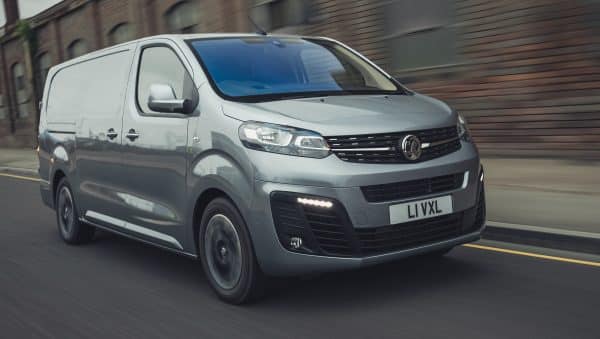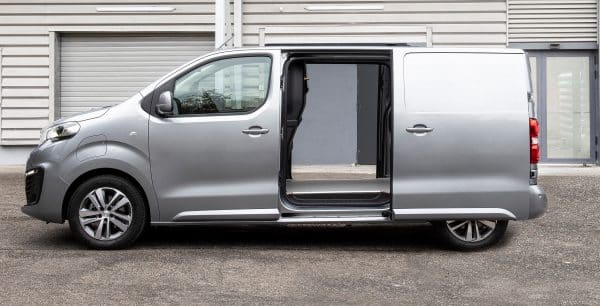
With the prospect that diesel- and petrol-powered vans will no longer be available from 2030, means many businesses need to understand the pros and cons of electric vans.
And while they are still an expensive alternative currently, the growing demand for battery-powered vans will inevitably bring the price down.
Here, the commercialvehicle.com team look at the pros and cons of buying an electric van for business.
The advantages of electric vans
- Eco-friendly: Electric vans are eco-friendly because they produce no CO2. This means that air quality should improve, particularly in towns
- Running costs: An all-electric van should be cheaper to run than a diesel van. There are fewer moving parts so maintenance costs are lower and the cost per mile for electricity is lower as an incentive to buy. As well as enjoying lower running costs, there’s a lower tax burden and firms can get financial help to install workplace chargers
- Electric van incentives: There are other incentives when businesses invest in an electric van including free parking and exemption from congestion charges, for example, London’s ultra-low emissions zone (Ulez)
- Performance: Electric vans are comfortable and rewarding to drive with instant torque from a standing start. Acceleration is quick and smooth and they are agile around town. They also use automatic transmission so there’s no manual gearbox
- Convenience: Most electric vans have a smartphone app so you can set the van to defrost on a cold morning before getting in, for example
- Business image: Since electric vans are seen as being environmentally friendly, a business image can be boosted by switching to battery power.
There are some disadvantages to buying electric vans, and you need to ensure that a battery-powered vehicle will meet your firm’s needs.
The disadvantages for electric vans

- Range anxiety: One of the issues for all-electric vehicles is the amount of range the battery will deliver. For long-distance van uses, an electric van may bring range anxiety because you need to factor in charging points
- Battery charging time: Depending on the charging system used, you may need to charge your van overnight or have a rapid charger that should deliver up to 80% of battery capacity in 40 minutes
- Charger convenience: As mentioned, most firms will need to install a wall box or have access to a rapid charging charger
- Cost: There’s no doubt that electric vans are an expensive alternative currently, but they do have expensive components. The price will inevitably drop as electric vans become more popular
- Van weight: The technology in electric vans means vans are heavier, though the battery packs tend to be beneath the load floor which boosts handling
- Range issues: It’s one thing having a WLTP electric range but some ranges being quoted do vary depending on weather conditions, driving style and payload weight. Be aware that electric vehicle batteries do not like cold weather
- Battery performance: Another issue with batteries for electric vans is that they do deteriorate over time and hold less charge. This is why manufacturers offer an extended warranty – usually for eight years to cover the van’s working life
- Residual values: Another big issue for businesses is the residual values – electric vans tend to lose their value quicker then a diesel-powered alternative. There’s also an issue over demand for people wanting to buy second-hand electric vans but prices will inevitably rise as we near the 2030 Government-imposed deadline.
Those are just some of the pros and cons that come with electric vans for businesses, but it’s important that you road test and check carefully that the quoted range will meet your needs.

